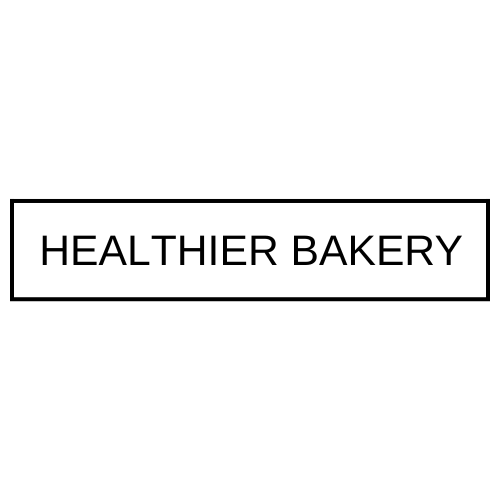What happens when eating too little or too much protein.
Just like everything in life, having too much or too little of something can lead to
harmful consequences. Life should be balanced and so should our diets. When it
comes to protein, because it’s a very important aspect of our health since it builds a
lot of our body, a person’s diet must be regulated appropriately as to how much
protein it should include.
Let’s analyse this.
Protein deficiency is basically eating too little protein in regards to one’s body
requirements. These kind of diets can lead to various health problems as well as
slow changes to one’s body during the long term, which is worse because it might be too late or too difficult to fix.
Surprisingly, according to the National Institute of Health, about one billion people
worldwide suffer form protein deficiency. This problem is most severe in Central
Africa and South Asia, but in develop countries people who are most at risk are the
ones who follow poor diets as well as institutionalized older people and hospitalized
patients. Since protein is responsible for most of our body function, not providing enough protein to our body may cause malfunctions such as muscle wasting and other symptoms of kwashiorkor.
In general, protein deficiency (if severe) may cause damage to skin (edema), hair
and nails which largely consist of protein, and lead to fat accumulation in liver cells.
Moreover, it can be a greater risk for the bones since protein doesn’t only affect
muscles. Not consuming enough protein may weaken the bones and increase the
risk of fractures.
Now, when it comes to mild protein deficiency, when there is an imbalance of protein in one’s diet, the body begins to have cravings in order to fill the nutritional gap and thus increases the appetite for more food. However, these foods often contain protein adding more amount in the existing diet, as a result to weight gain and obesity. Of course, not everyone supports that poor protein intake is the cause of obesity, but one thing’s for sure- protein is more satiating than carbs and fat.
Similarly, having high-protein diets can be problematic as well, if one is not careful.
For example, a standard “keto” diet focuses on more fat and less carb, but it can also be high in protein. Even plant-based diets can be rich in protein. Protein is
considered the cornerstone of many diets because it helps to lose weight while
gaining muscle, but if its intake exceeds the recommended daily amount, it can lead to several risks.
One of the main consequences of eating too much protein is gaining unwanted
weight. It makes sense! if you think about it, the body only uses the amino acids it
needs while the rest the unwanted protein is stored as fat.
Constipation, diarrhea, dehydration is one of the symptoms as well as osteoporosis
and kidney damage (even though this only happens mostly to people with pre-
existing kidney disease).
Moreover, because a high-protein diet often includes eating lots of read mead and
full-fat dairy foods, this may lead to heart diseases or increase cancer risk.
Most of our daily meals contain some amounts of protein, and thankfully in
developed countries true protein deficiency is rare. However, It’s important be
cautious of our daily protein intake and avoid risking our health. Remember, you are
what you eat.


1 comment
MEET HOT LOCAL GIRLS TONIGHT WE GUARANTEE FREE SEX DATING IN YOUR CITY CLICK THE LINK:
FREE SEX